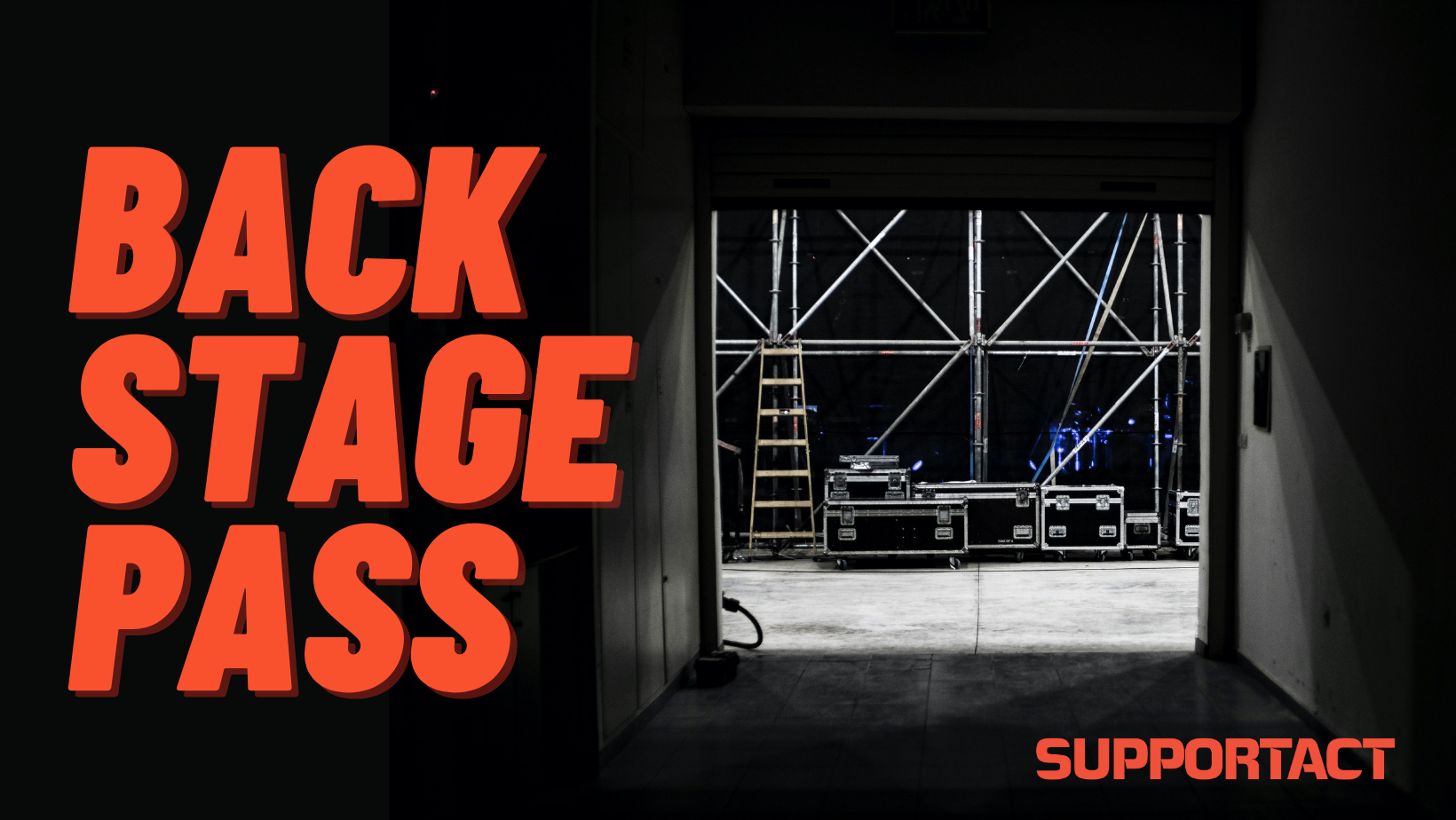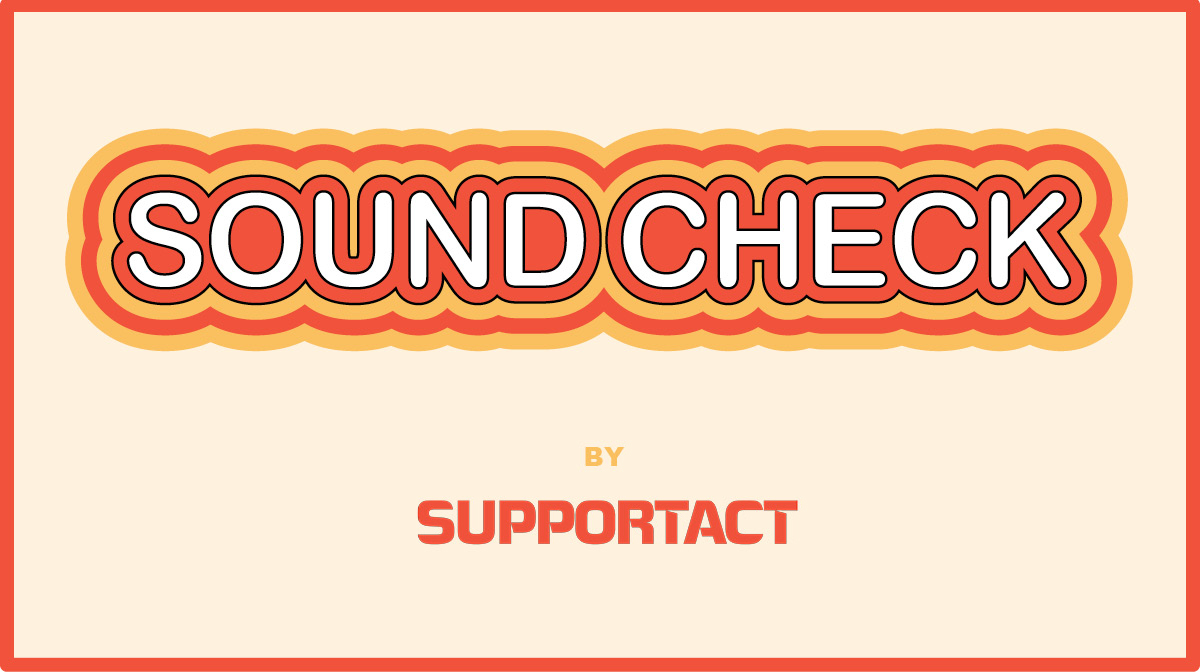‘The wins are yours and the losses are mine’ – Scooter Braun
Becoming an artist manager isn’t so much a conscious decision as it is a hand dealt to you; emails, admin tasks and spreadsheets are to be expected, but delving into the artist’s emotions, creativity and mental health might catch you off guard. In the early months of my artist management career, I began to grasp the harsh realities of the industry. I found myself navigating the often unrealistic expectations of the artists I represented, knowing that every ‘no’ they received (and there were many) would lead to a minefield of disappointment and emotional strain.
More recently, with mentorship from those with lived experiences, I’ve learned the power of anticipation and proactive thinking. Predicting how the artists I manage will respond to unfortunate news is becoming somewhat of a superpower for me.
“However, I must admit, I don’t always get it right. Delivering bad news, such as the cancellation of Splendour In The Grass, to one of my artists was one of the toughest conversations I’ve had to have. Expected to provide answers to questions that are just as unknown to me, all while preventing a sense of hopelessness and exhaustion from setting in, was incredibly challenging.“
Reflecting on these moments, I’ve come to realise that resilience isn’t about having all the answers; it’s about navigating uncertainty with grace and integrity. It’s about acknowledging the human side of management, embracing the highs and lows with equal measure.
The role of an artist manager can be incredibly selfless, constantly focused on the artist’s career and doing whatever it takes to keep them moving forward. Unlike many other industries, the relationship between artist and manager goes beyond transactional; it’s rooted in a deep connection, driven by the creativity and emotions of the artist. Often, a manager bears the mental load of the artist, yet may lack the necessary tools to provide the required support and guidance.
“Much of this job involves learning as you go, with no textbook or university degree to arm you with the right skillset. The role is undefined and limitless, often unrewarding. It entails ‘putting out fires’ and adapting quickly when things don’t go as planned, while also ensuring the artist can savour the wins that mark pivotal moments in their career.“
Despite the challenges, there’s a profound sense of fulfilment in witnessing the artist’s growth and success. Those moments when all the hard work pays off, and the artist achieves their goals, make every obstacle worth it. It’s about being there for the artist through thick and thin, providing unwavering support and guidance as they navigate the turbulent waters of the industry.
In the end, being an artist manager is more than just a job; it’s a passion, an obsession and a commitment to helping artists realise their full potential. It requires resilience, empathy, and a deep understanding of the unique challenges faced by those in the creative industry.
“And while it may not always be easy, the rewards far outweigh the struggles, making every moment spent in the trenches with the artist worth it in the end“
Check out our mental health resources here for more support and advice.



